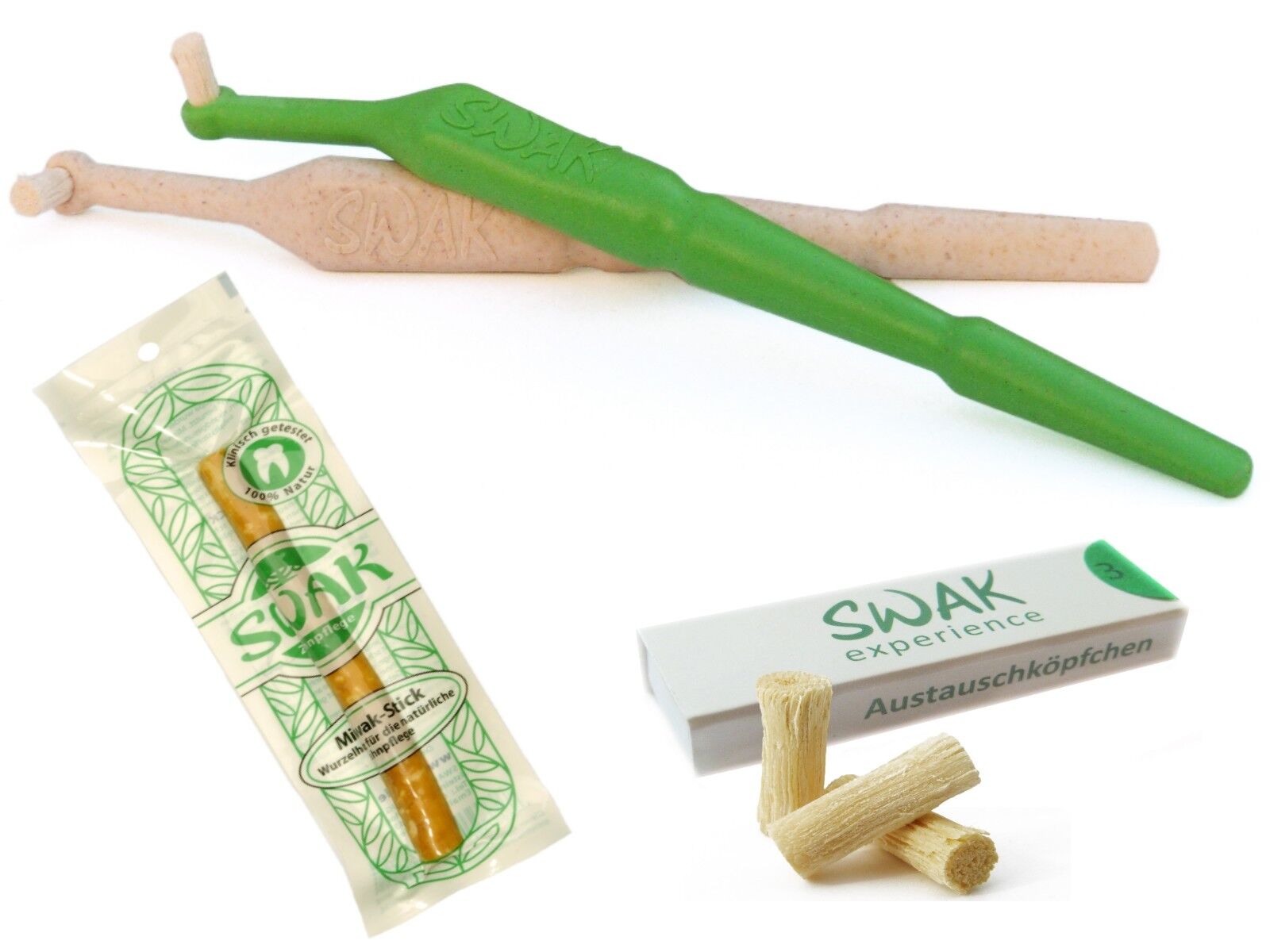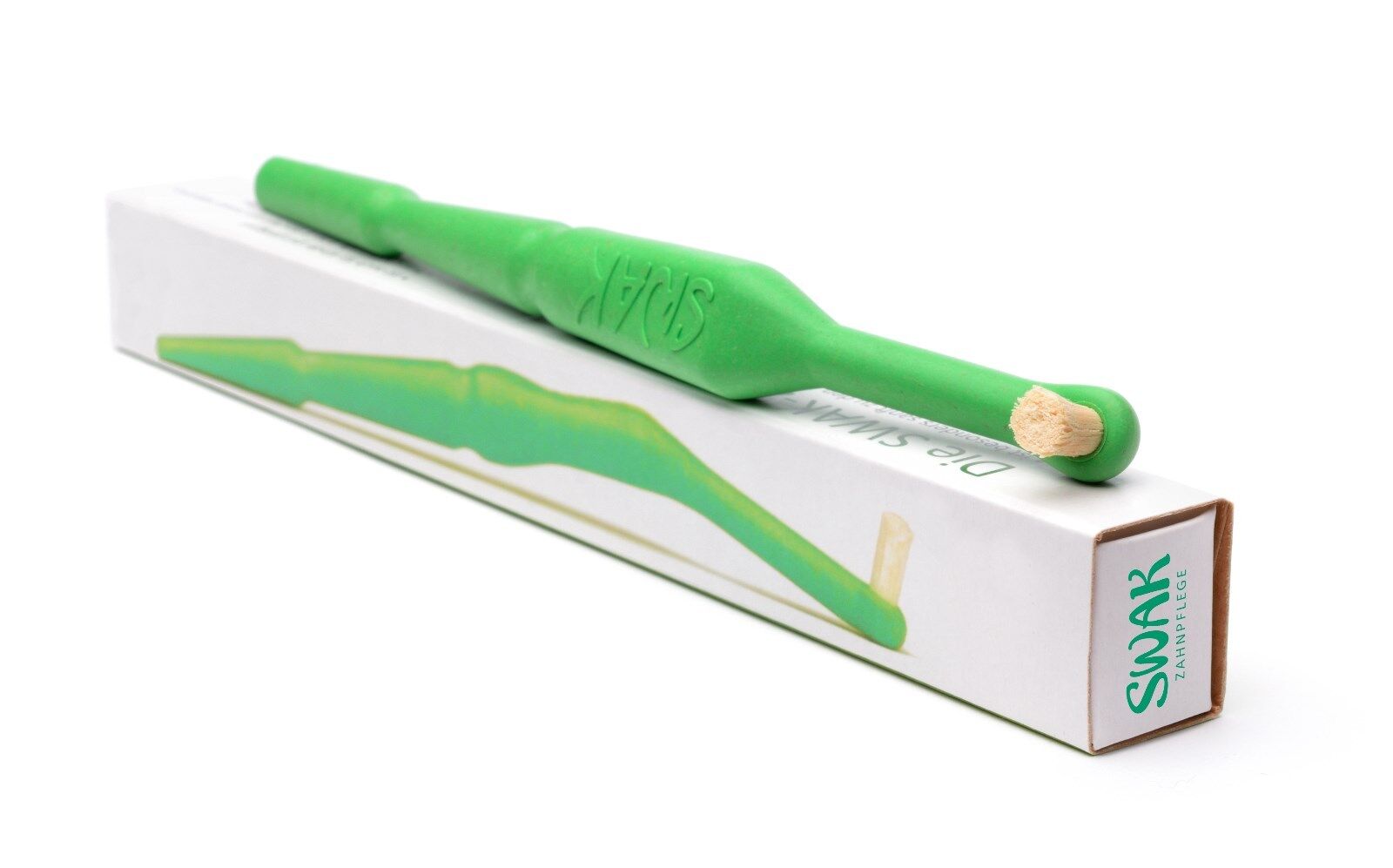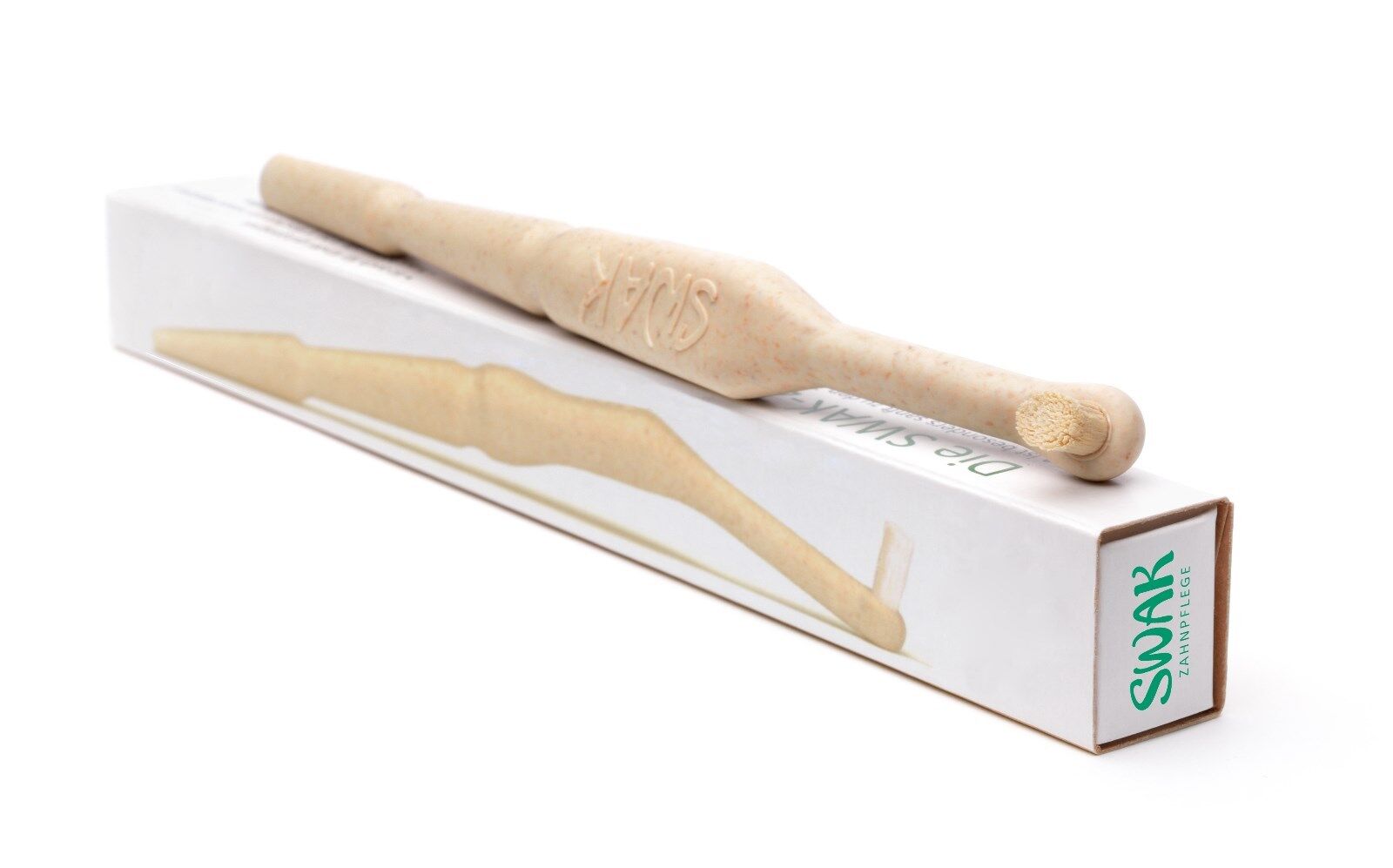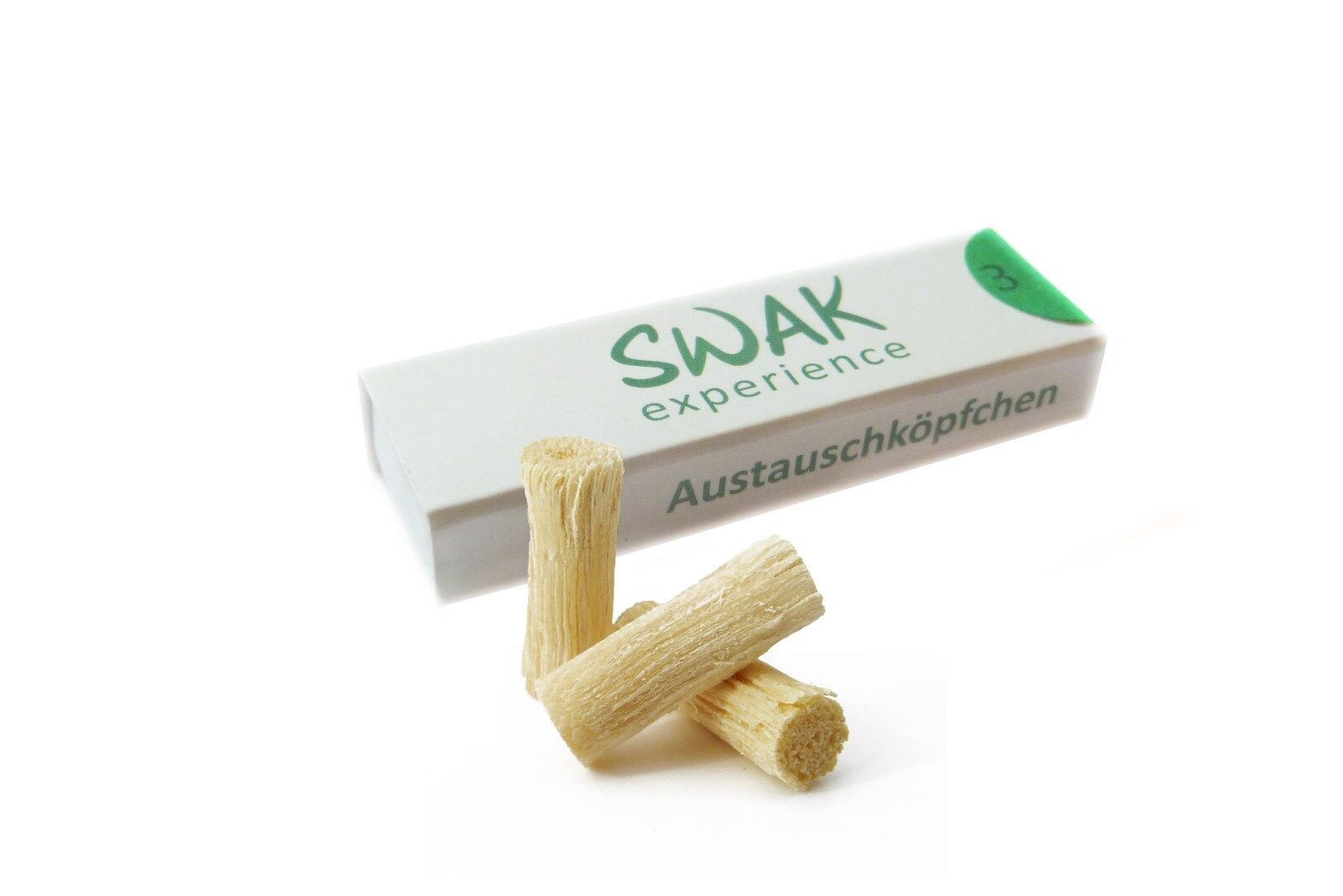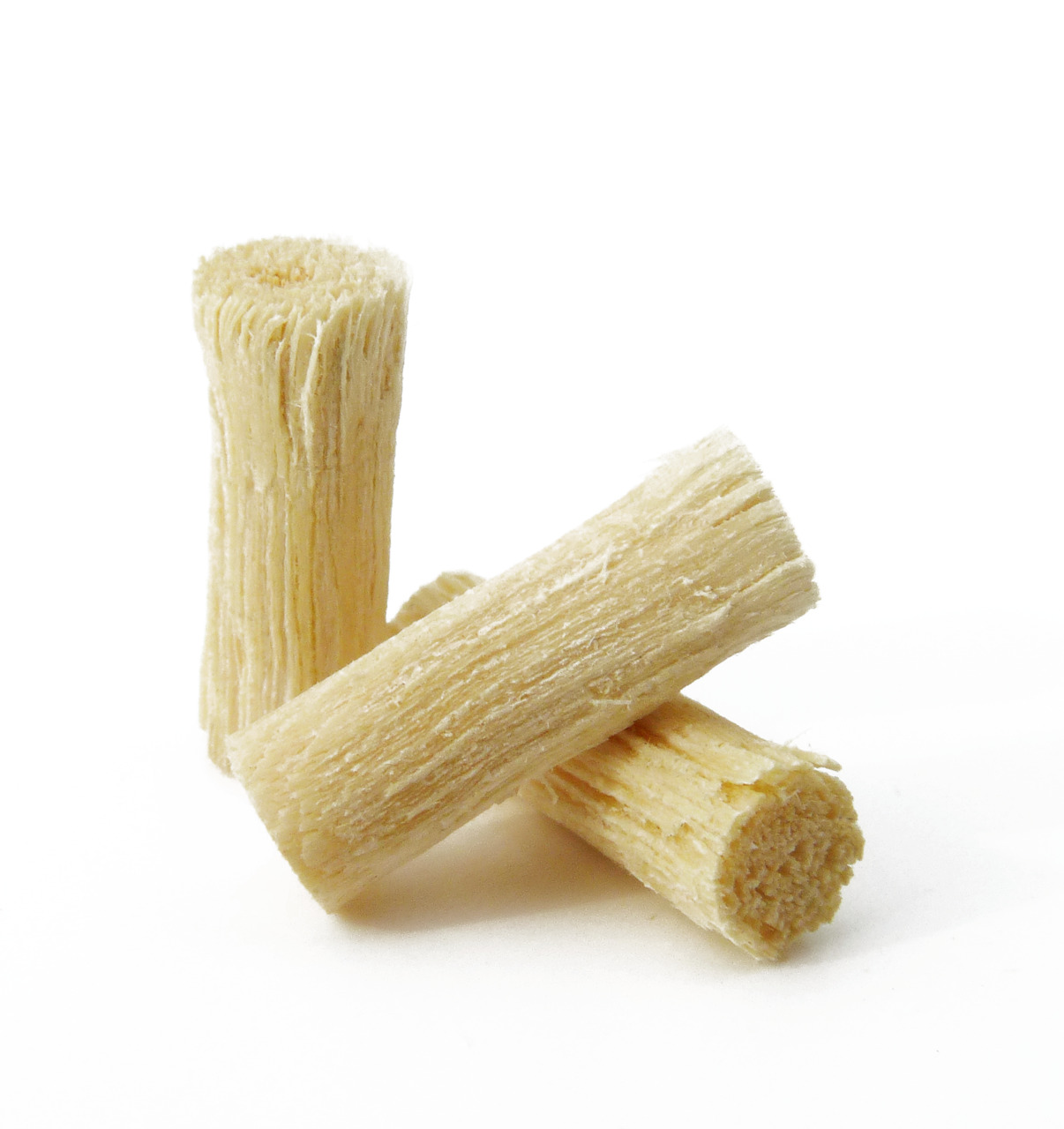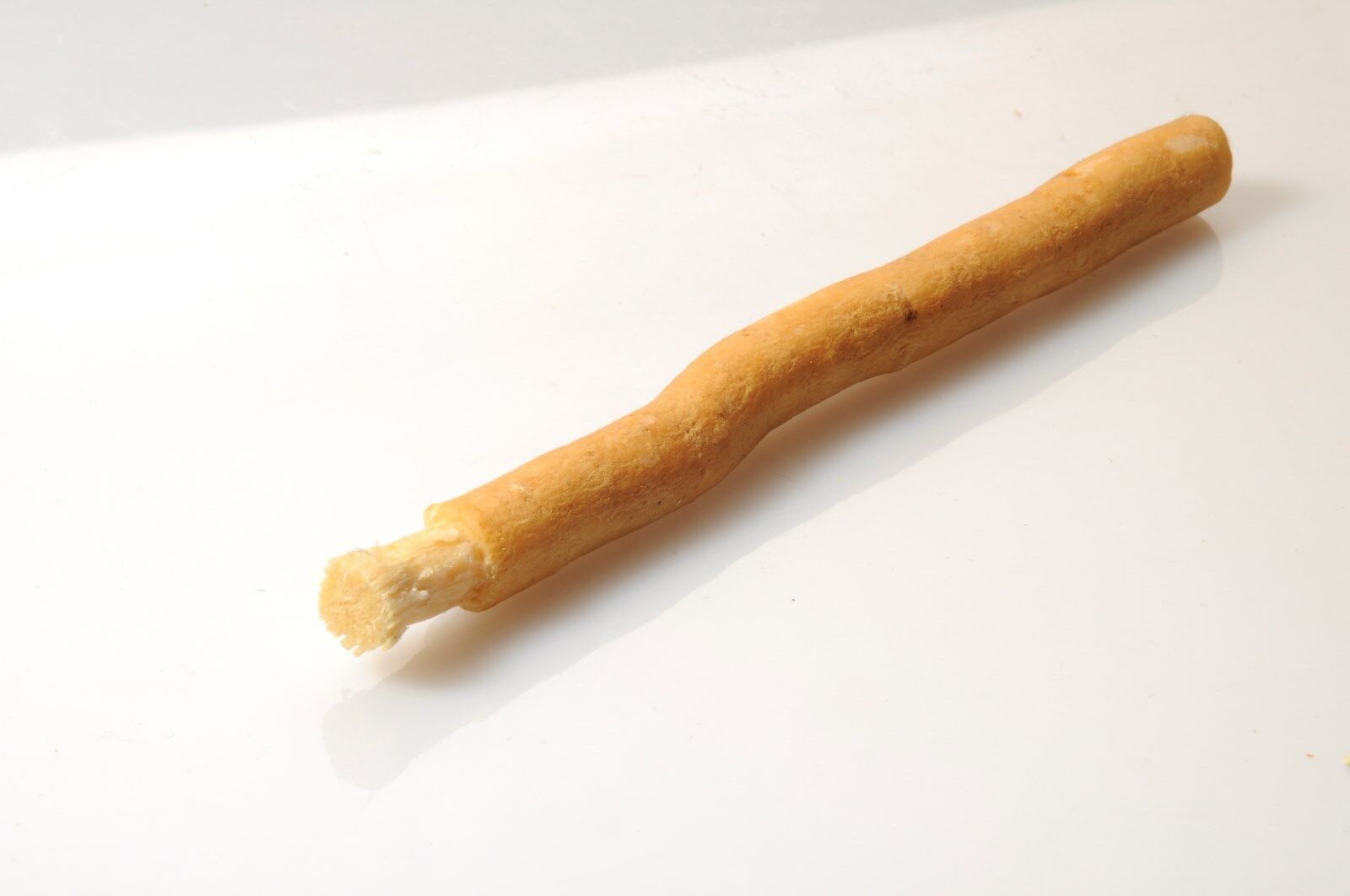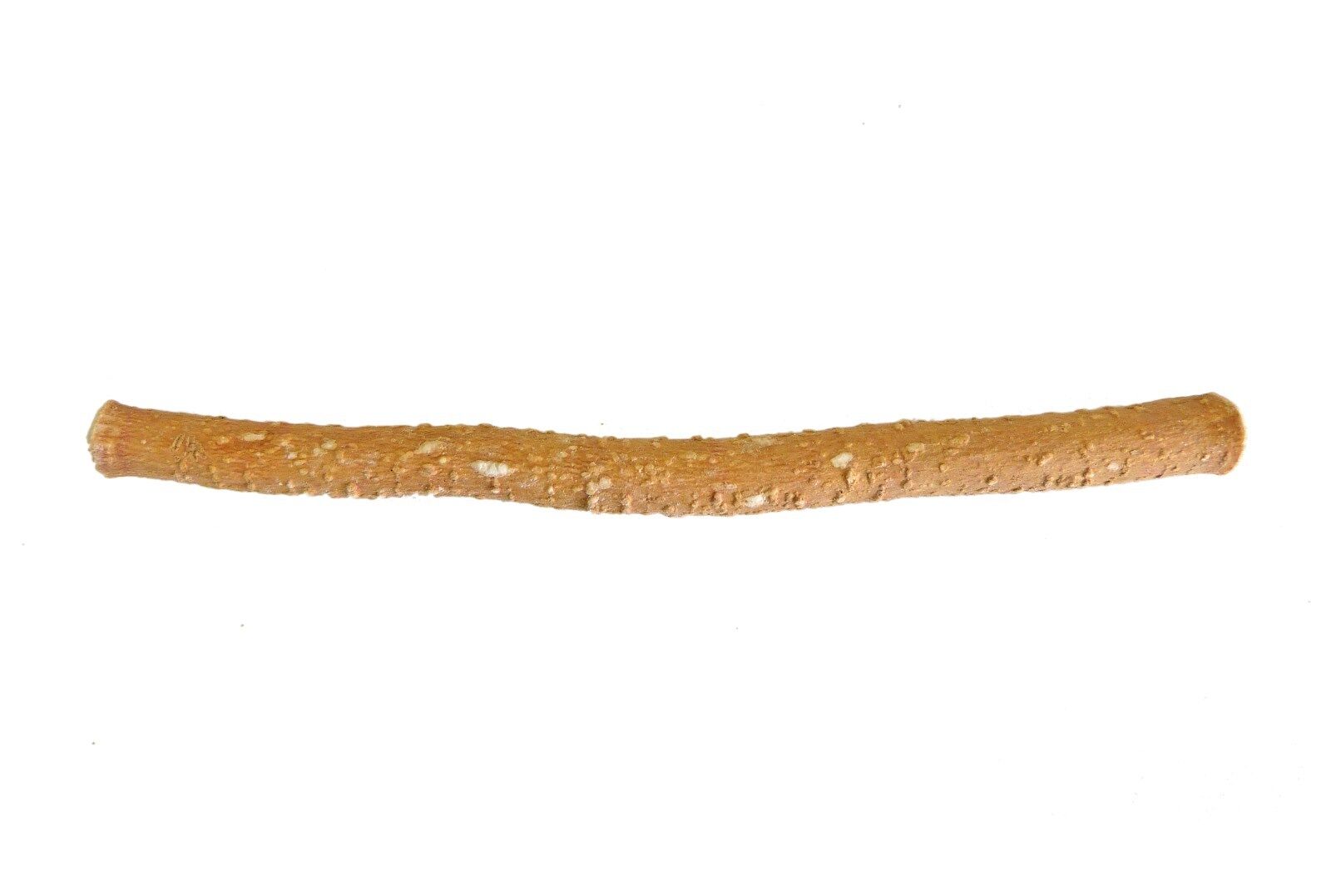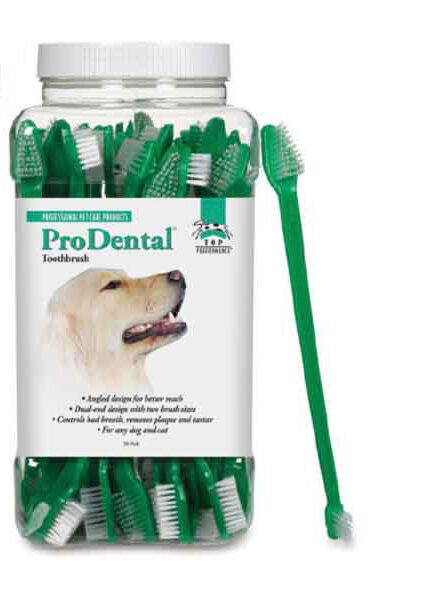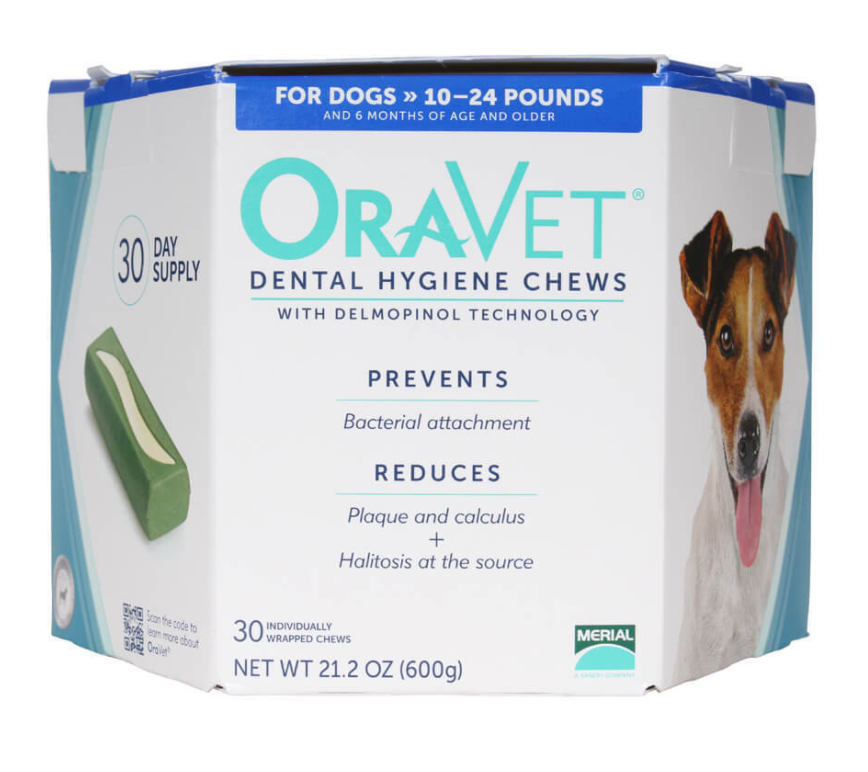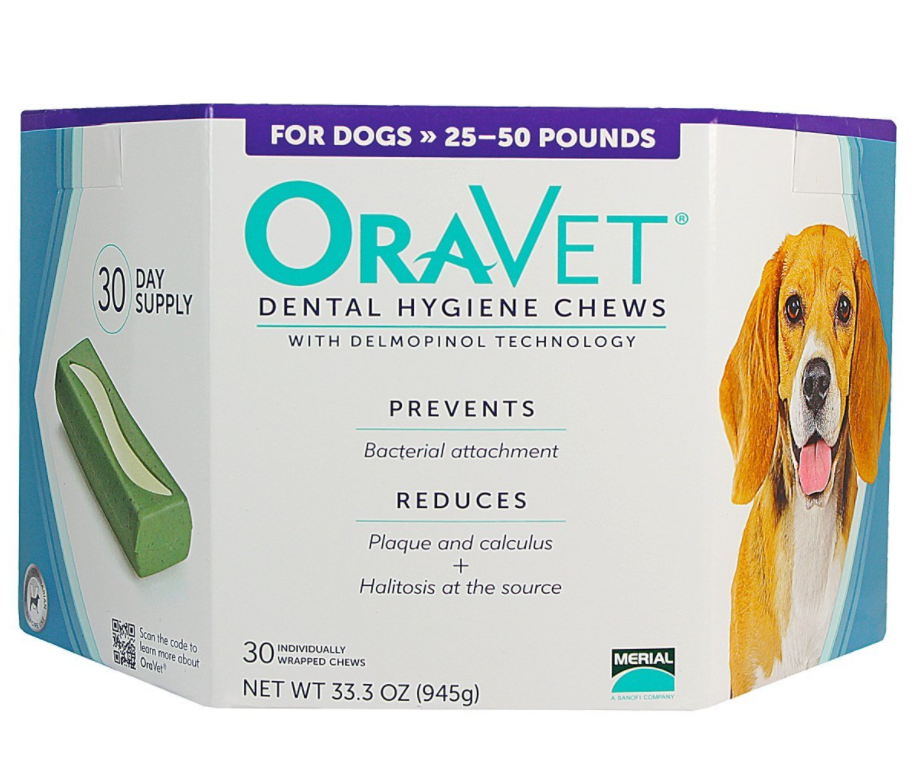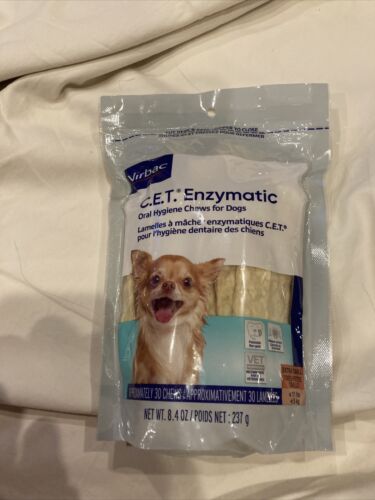-40%
Tooth Brush Dog Cats Toothbrush Massage Brush SWAK
$ 6.65
- Description
- Size Guide
Description
The SWAK toothbrush:In Arabic countries, miswak (salvadora persica L.) has been used for dental care for thousands of years.
gr
onwards
:
Biodegradable plastic
onwards
.
the gri
onwards
the SWAK toothbrush consists of
a plastic
onwards
based on PLA (Polylacti
d)
which is made non-GMO from sugar.
Packaging:
cardboard, printed (can be used as transport box)
interchangeable head:
"
Miswak" rootwood (salvadora persica L.)
With the SWAK toothbrush you can gently and effectively
brush each tooth individually and is also very good at hard-to-reach areas of the teeth and gums.
Since the SWAK toothbrush also works without water and toothpaste, it is also ideal for outdoor use (camping, hiking, etc.).
The "SWAK" is also an ideal replacement for "normal" toothbrushes for adults and children.
In addition, the toothbrush is biodegradable and thus avoids plastic waste.
The SWAK interchangeable heads (Köpflis):
Ready-to-use replacement brushes for SWAK toothbrushes.
Heads should be changed regularly (every 4-8 weeks or sooner if needed)
The heads are made of natural miswak root wood.
length approx. 1.4 cm
diameter approx. 0.5 cm
The Miswak Sticks:
Miswak, also called Siwak, refers to a branch, bud or root of the toothbrush tree (Salvadora persica L.) used to clean teeth. The miswak is the traditional Arabic form of the toothbrush.
Before toothbrushes could be bought in Central Europe, branches of different trees were also used for dental care. Oak and willow wood was widespread.
The toothbrush tree grows in the deserts of Arabia, East Africa and the Near East and combines the properties of toothbrush and toothpaste. It naturally contains substances that protect and clean teeth. No water is needed to clean your teeth with the Miswak.
The Miswak has been used to clean teeth since ancient times. The use of fibrous chewed twigs was already mentioned in the ancient Indian law book of Manu (c. 600 BC 400 BC) and recommended in the famous ancient Indian collection of medical knowledge Sushruta (about 400 AD).
In the Islamic world, the Miswak plays an important role. Although it is not mentioned in the Koran, according to the Hadith literature, Mohammed is said to have used it regularly. The Miswaks available in Germany are made of root wood and are mostly imported from Pakistan.
Dental ingredients
fluoride
enamel hardening
silicate
gentle cleaning body
vitamin C
preserving
tannins
astringent
saponins
dirt-dissolving
flavonoids
antibacterial
potassium, calcium
remineralizing
Included in the Miswak are:
- natural fluorides useful as a structural element of our skeleton and teeth
- Silicon - irreplaceable for the maintenance of connective tissue, cartilage, bones, hair, nails, teeth and calcium sulphate - this is important for building bones and teeth.
- Gypsum crystals serve as cleaning bodies in the Miswak. They help to loosen the stubborn dirt from the teeth.
- tannins (tannins are responsible for the slightly bitter taste, have a calming effect on mucous membranes, accelerate healing processes in the event of injuries and inhibit inflammation),
- Saponins, vitamin C, flavonoids (boost the immune system, prevent certain types of cancer, regulate blood pressure and reduce inflammation).
Miswak has been scientifically examined frequently in terms of hygiene and cleaning effectiveness and has always received top ratings.
The toothbrush tree grows in the deserts of Arabia, East Africa and the Near East and combines the properties of toothbrush and toothpaste. It naturally contains substances that protect and clean teeth. No water is needed to clean your teeth with the Miswak. The Miswak has been used to clean teeth since ancient times. The use of fibrous chewed twigs was already mentioned in the ancient Indian law book of Manu (c. 600 BC 400 BC) and recommended in the famous ancient Indian collection of medical knowledge Sushruta (about 400 AD). In the Islamic world, the Miswak plays an important role. Although it is not mentioned in the Koran, according to the Hadith literature, Mohammed is said to have used it regularly. The Miswaks available in Germany are made of root wood and are mostly imported fr
